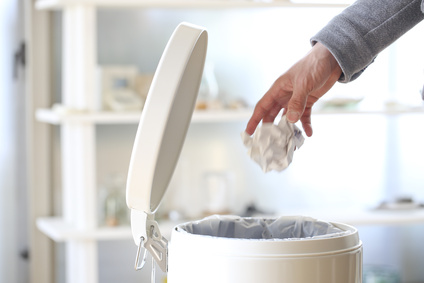I know what you’re going through. No matter my intentions, I find it tough to start a new habit even when the new habit is positive and beneficial to my life. It always takes me a few attempts before it becomes a regular part of my daily or weekly routine. Writing more regularly, exercising more frequently, avoiding junk foods, flossing daily… the list goes on and on.
And like everyone else, I also get discouraged and doubt that I can even achieve the goal in the first place. But the truth is, failing to stick to our resolutions or goals can actually help us be more successful the next time around.
- A relapse increases knowledge of personal triggers. One of the benefits of having a relapse or slip is that we gain more knowledge about ourselves and our triggers. What triggered your slip? Was it a person or a place? Was it a particular crisis? With this knowledge, you can start to prepare for future temptations and further success. By identifying your triggers and challenges, you are more likely to overcome them the next time around.
- A relapse forces you to develop better strategies. What will you do when you are tempted to go back to your old ways? It’s bound to happen, especially early on in your new behaviour. Having a relapse makes you re-examine how you’re handling these temptations. Maybe it’s finding a new support system. Maybe it’s about taking a much-needed break or vacation. Maybe you need to start changing the self-talk that leads to bad choices. Whatever the case, a relapse can help you refine strategies for sticking to the new habit.
- A relapse forces you to re-examine your motivation and reasons for change. Another positive aspect of a relapse is that it provides an opportunity to reflect and remind yourself of why you want to change. Often times, our reasons for change can fade from consciousness, especially after a slip or relapse. The self-reflection that can come from relapse also teaches what is stopping us from succeeding at our new goal.
When we are trying to change something within us, it’s difficult to achieve perfection the first time around. The important point to remember is that when you slip and go back to an old behaviour, there are important lessons your slip can tell you about the journey you’re on.
Just remember that lapsing can be an important part of change. As some people in Alcoholics Anonymous will say, “With every slip, you’re one step closer to recovery.”
Hoping this piece of psychology helps you with your goals.


